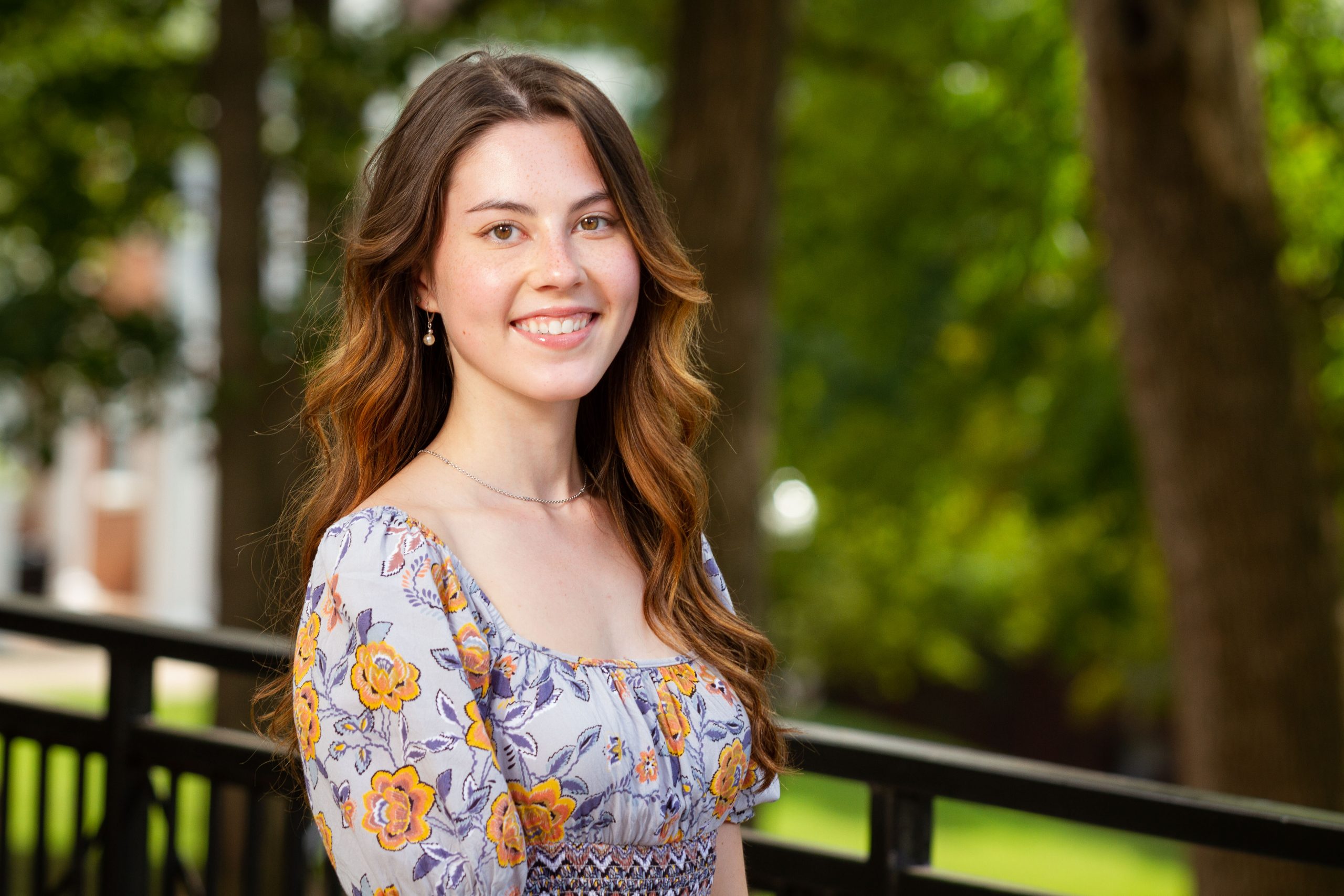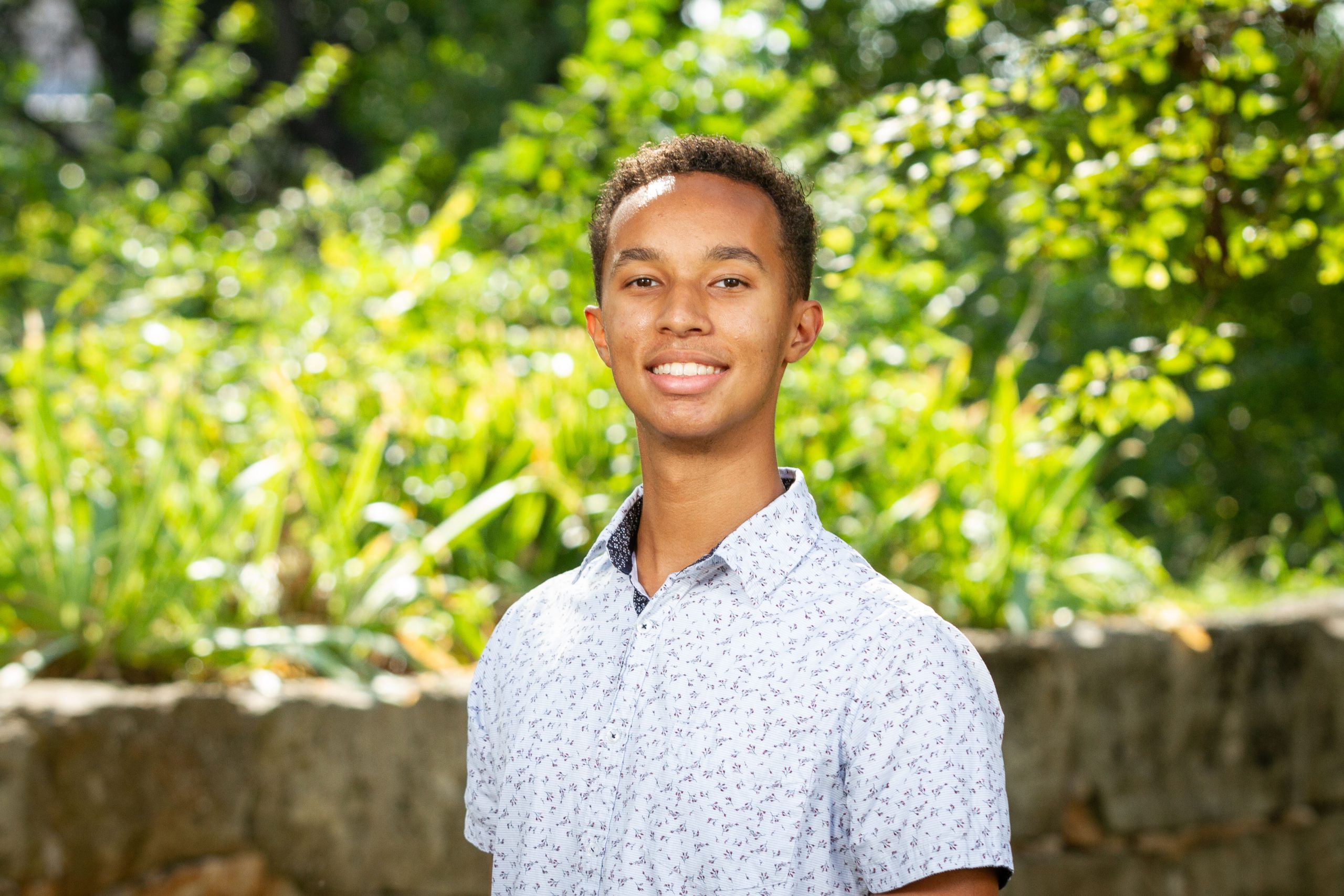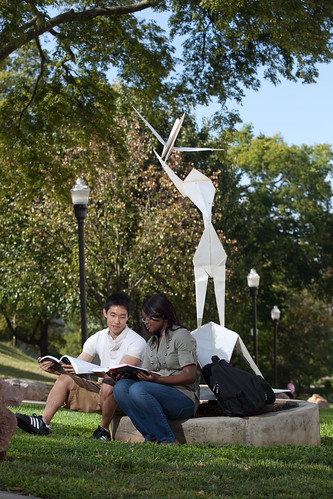5Q: Nicholas Zolman Puts Chaotic Ideas into Motion with Wiimotes at University of Kentucky
July 21, 2011 | 5Q, News, People, Research, Students, Summer | No Comments

Since 2010, the Gatton Academy has offered students the ability to pursue summer research experiences through the Gatton Research Internships Grants (RIG) program. Made possible through the generous support of Mr. Carol Martin “Bill” Gatton, the program offers competitive grants to Gatton Academy students between their junior and senior years to support summertime research internships across the Commonwealth and the world. By providing a funding mechanism, the program directly creates new avenues for growth and exploration. Throughout the summer, we’ll share insights from students who are the recipients of our 2011 grants.
This summer, Nicholas Zolman (’12) of Mount Sterling is working with Dr. Tim Gorringe of the University of Kentucky’s Department of Physics and Astronomy, analyzing periodic and chaotic motion using a double pendulum.
1. Tell us a little about the research experience in which you are participating this summer that the Research Internship Grant is funding.
My project has two main goals. The first is to acquire data from a Wii remote, so that one could cheaply perform physics experiments in a high school, university, or some other setting. The second is to observe the chaotic motion of a double pendulum and apply the idea of Lagrangian Mechanics in order to come up with a good model of the motion.
2. How does this research experience or internship fit into your educational and professional goals?
Professionally, I wish to be a particle physicist. At first glance, double pendulum research seems to have nothing to do with particle physics. However, if one were to look deeper into the confines of my research they would notice that the ideas and concepts of Lagrangian Mechanics are vital to the structure of Quantum Mechanics.
3. What are you looking forward to the most about your second year at the Academy?
At first glance, most people would jump away from my schedule – Physics II, Differential Equations, Multivariable Calculus, and French II. However, I look forward to each of them! It incorporates the three subjects I love the most: Math, Physics, and la Français!
4. What is your biggest Gatton Academy accomplishment?
I am most proud of my ability to adapt. It was kind of weird to go to sleep and not wake up to a home of only three other people, I had to wake up to a home of more than a hundred people!
5. What do you love most about the Gatton Academy?
Personally, I love the opportunities I have here. I’m taking more math classes next year than my high school could offer through their entire curriculum; by the time I am out of high school, I will almost have a Math Major at WKU. But probably the greatest opportunity is to study abroad as a high school student. For instance, I will be studying English in England this summer.










